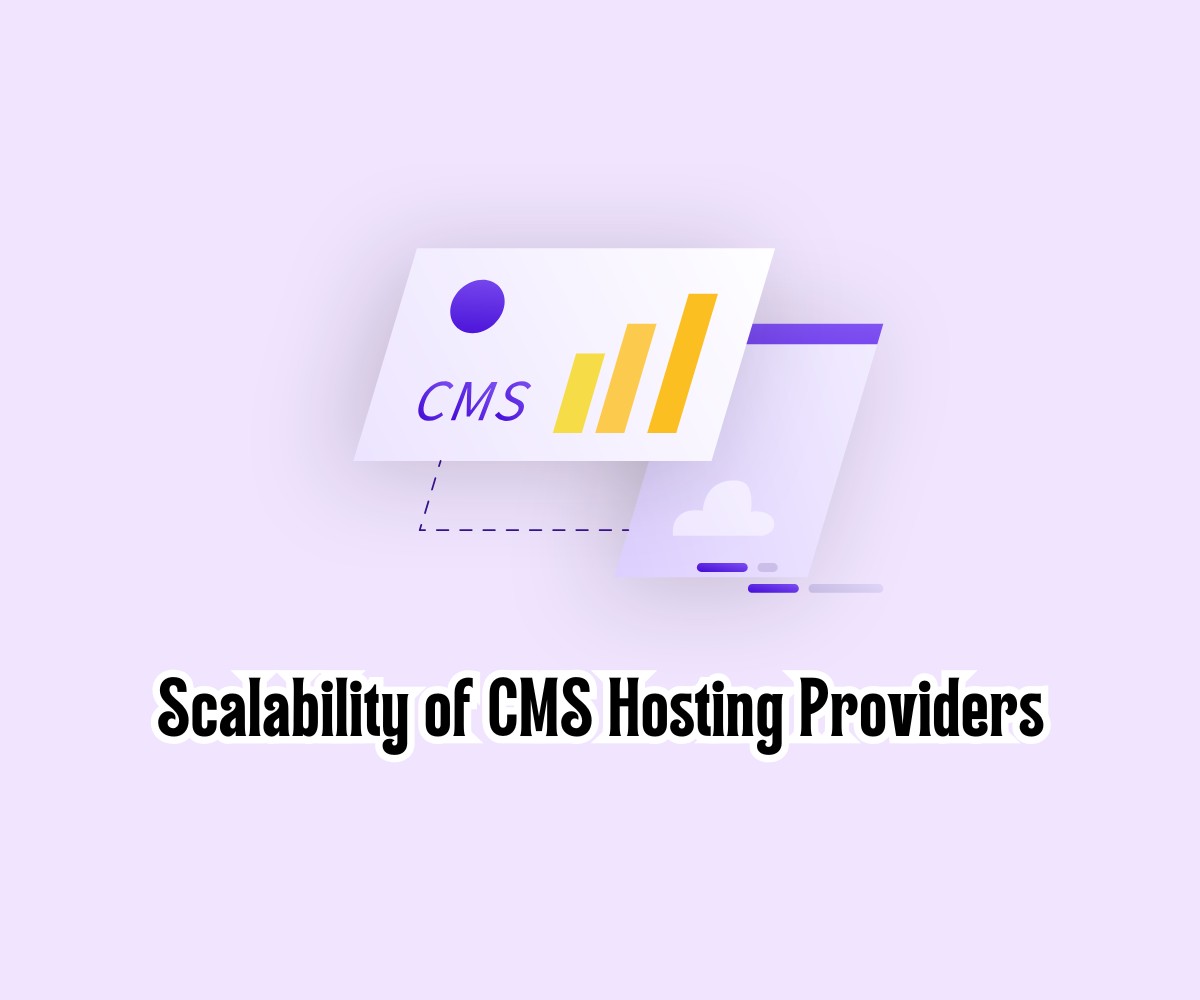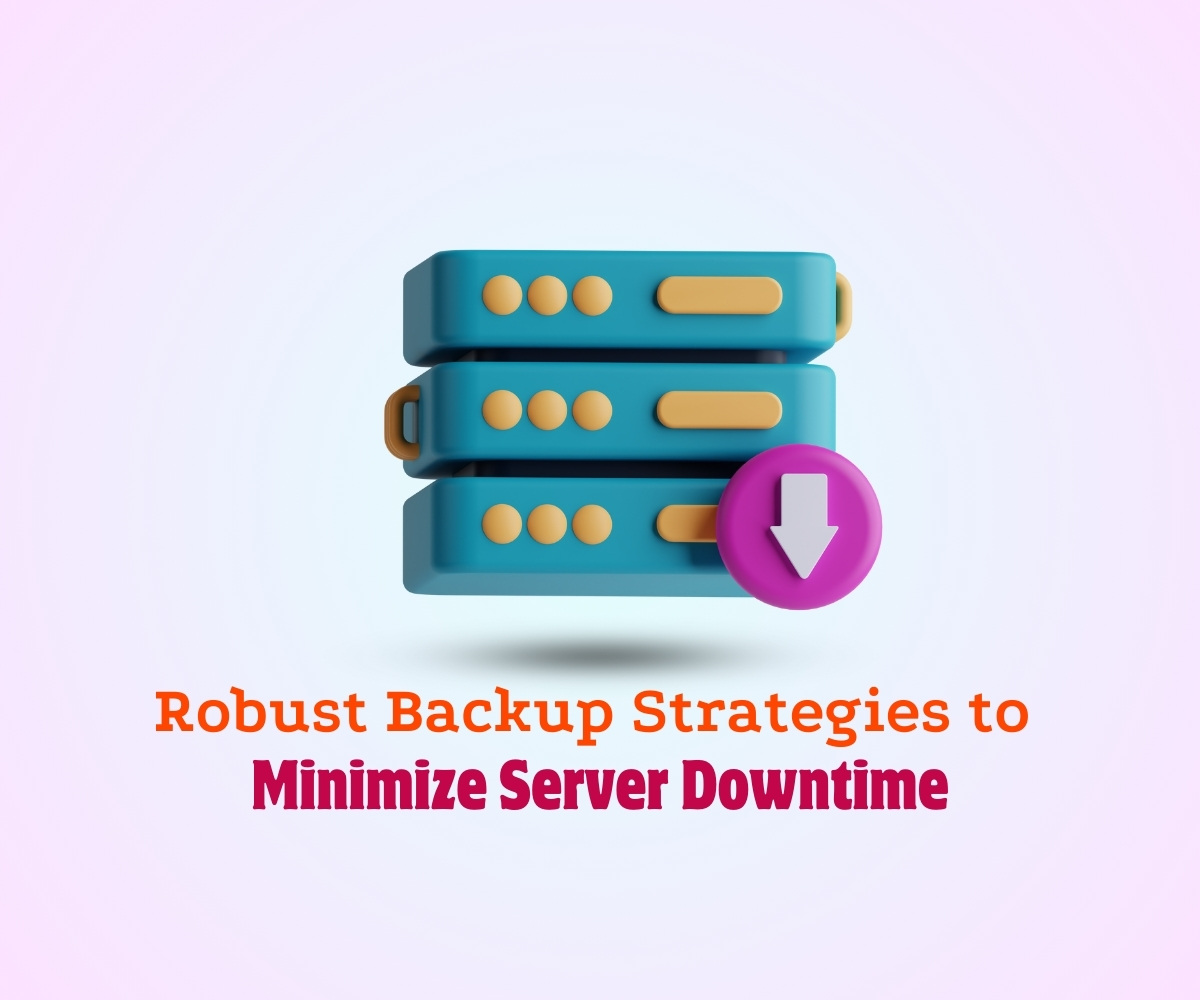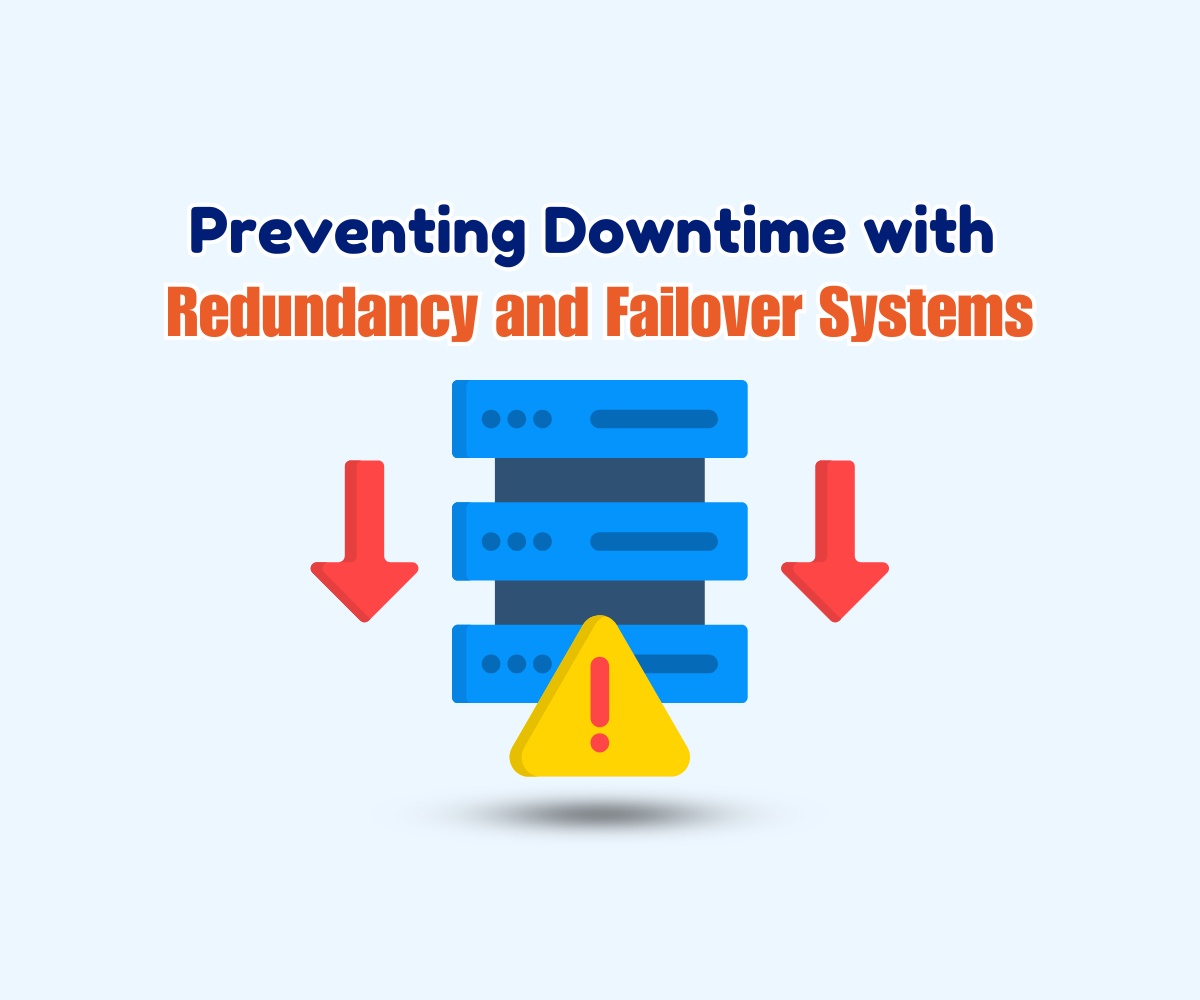
Evaluating Scalability of CMS Hosting Providers: Preparing for Growth
In the ever-evolving landscape of website management, scalability is a crucial factor to consider when selecting a CMS (Content Management System) hosting provider. As businesses and organizations grow, their hosting needs evolve, requiring hosting solutions that can accommodate increased traffic, content, and functionality without sacrificing performance or reliability. In this article, we’ll explore the importance of scalability in CMS hosting, key factors to consider when evaluating hosting providers, and how to prepare for future growth.
The Importance of Scalability in CMS Hosting:
Scalability refers to the ability of a hosting environment to handle growing demands and resources seamlessly. In the context of CMS hosting, scalability is essential for accommodating spikes in website traffic, scaling resources such as CPU, RAM, and storage, and supporting the addition of new features, content, and functionalities as the website grows.
Key Factors to Consider When Evaluating Scalability:
1. **Resource Allocation:** Evaluate the hosting provider’s resource allocation policies and scalability options. Look for providers that offer flexible resource allocation, allowing you to scale resources up or down based on your website’s needs and traffic fluctuations.
2. **Server Infrastructure:** Assess the scalability of the hosting provider’s server infrastructure, including hardware, network architecture, and data center facilities. Look for providers with redundant hardware, scalable storage solutions, and high-bandwidth network connectivity to support growth and handle increased traffic loads.
3. **Performance Optimization:** Consider the hosting provider’s performance optimization techniques and scalability measures. Look for providers that offer caching mechanisms, content delivery networks (CDNs), and other optimization techniques to ensure fast loading times, responsive websites, and optimal performance even during peak traffic periods.
4. **Scalability Features:** Investigate the scalability features and tools provided by the hosting provider, such as auto-scaling, load balancing, and elastic resources. These features enable automatic resource allocation and dynamic scaling in response to changing traffic patterns, ensuring consistent performance and availability.
5. **Support for Add-ons and Integrations:** Evaluate the hosting provider’s support for add-ons, plugins, and integrations commonly used in CMS environments. Ensure that the hosting environment can accommodate the addition of new features, extensions, and integrations without impacting performance or stability.
Preparing for Growth with Scalable CMS Hosting:
1. **Plan for Future Growth:** Anticipate future growth and scalability requirements when selecting a CMS hosting provider. Choose a provider that offers scalable hosting solutions capable of accommodating your website’s growth trajectory and evolving needs.
2. **Regular Performance Monitoring:** Monitor website performance and traffic patterns regularly to identify scalability issues and resource bottlenecks. Use performance monitoring tools and analytics to track website metrics, identify areas for optimization, and plan for scalability upgrades proactively.
3. **Flexible Hosting Solutions:** Opt for hosting solutions that offer flexibility and scalability, such as cloud hosting or virtual private servers (VPS). These scalable hosting options allow you to adjust resources dynamically, scale up or down as needed, and accommodate growth without downtime or service interruptions.
4. **Load Testing and Optimization:** Conduct load testing and performance optimization exercises to assess the scalability of your hosting environment and identify areas for improvement. Optimize website code, database queries, and server configurations to maximize performance and scalability under heavy loads.
5. **Disaster Recovery Planning:** Develop comprehensive disaster recovery plans outlining procedures for scaling resources, data backup, and recovery in the event of downtime incidents or traffic spikes. Test disaster recovery plans regularly to ensure readiness and effectiveness in mitigating downtime risks.
Conclusion:
In conclusion, evaluating the scalability of CMS hosting providers is essential for preparing your website for growth and ensuring optimal performance, reliability, and availability. By considering factors such as resource allocation, server infrastructure, performance optimization, scalability features, and support for add-ons and integrations, you can select a hosting provider that offers scalable solutions tailored to your website’s needs and future growth trajectory. By planning for growth, monitoring performance, optimizing resources, and implementing disaster recovery plans, you can ensure that your CMS hosting environment remains scalable, resilient, and capable of supporting your website’s success in the long run.







